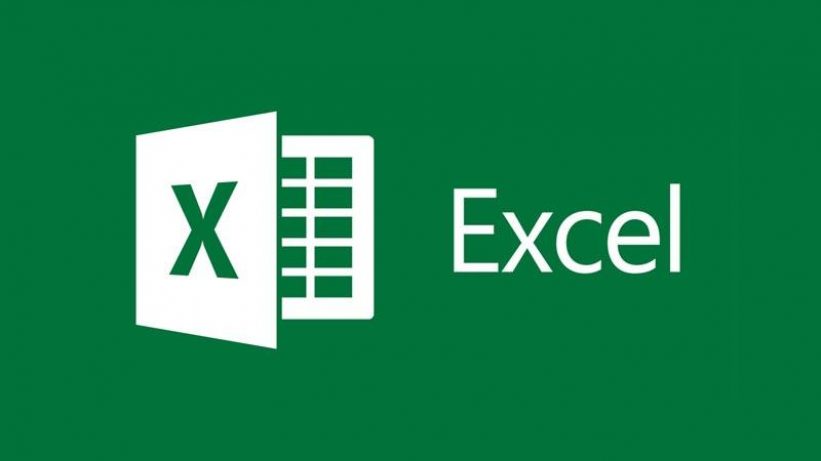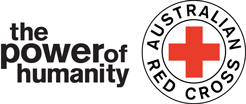When you hear the term “Microsoft Excel,” you may automatically think of number-crunching careers like accounting or finance. While Microsoft Excel jobs in business might be prevalent, don’t rule out other fields, such as non-profits or health care, where you could potentially make the most of your Microsoft Excel training. Whether you are formatting cells, protecting pertinent information, or integrating Excel with other software, you may find many uses for Excel.
First, it’s important to understand why Microsoft Excel has become such a valuable and ubiquitous tool in the business world. Excel is a spreadsheet program that enables users to organise large amounts of data, and even perform functions like calculations, graphing, and creating pivot tables, among many other features. In a nutshell, Microsoft Excel makes it much easier to interpret numbers and information.
What are some common jobs, besides finance or accounting, where Microsoft Excel skills are necessary?
If you’re considering taking a course in Microsoft Excel, here are some pretty compelling reasons to take the plunge:
You may be more employable. If you learn how to use Microsoft Excel prior to job hunting, you might have a leg up on other candidates who aren’t familiar with the software program. Many businesses and organisations seek candidates with strong organisation and analysis skills – and if you know Microsoft Excel, employers may see you as a valuable asset who can perform tasks efficiently. It also shows an employer you’ve mastered an important software application, and that you may be willing to learn additional skills to support the business.
Your resume may look better. Recruiters are always on the lookout for hot keywords. If they see “Microsoft Excel training” listed on your resume, they may be more likely to give you a closer look. Your resume should include a section for skills and abilities, so be sure to highlight Microsoft Excel and mention any training programs you’ve completed.
You can organise and interpret information more easily. Excel isn’t just a huge grid with endless rows and columns. It’s a tool that allows you to sort and filter lists, track numbers, create formulas, perform calculations, develop graphs and charts, and much, much more. If these skills seem like they could be a great boost to your career, then an online course in Excel may be for you.
How about careers and Excel? While office or finance managers are hardly surprising when you think about people who use Microsoft Excel on a day-to-day basis, you may be interested to learn about these other jobs that could benefit from Excel:
Teacher
Since teachers may become bogged down by lesson plans and administrative duties, using Microsoft Excel training could enable them to streamline time spent on organising grades as well as creating teaching aids like student birthday charts, interactive maps, seating charts, summer reading lists, and more.
Journalist
Whether it’s keeping track of hockey statistics in sports journalism or analysing campaign finance data for in political journalism, Microsoft Excel benefits extend to journalists who are juggling large amounts of information and trying to keep their facts straight.
Photographer
If you are a photographer who wants to know how many leads translate into actual shoots, you could learn how to use Microsoft Excel to create a spreadsheet that provides summaries about failed leads, referral sources, and booking rates.
Freelance Writer
As a freelance writer, you may want to keep a writing log in Excel that could help you monitor more and less productive areas of your day. Maybe you need a place to brainstorm ideas and come up with new topics and titles—an Excel worksheet could be just the place. A published articles Excel log is useful when you want to keep track of any guest postings or articles that have been published on third-party websites.
In addition to traditional reasons for learning Microsoft Excel, here are some more unconventional uses:
Weddings. Planning your wedding? What better way to stay on budget as well as figure out that pesky seating chart for the reception than to use Excel? In addition to tracking guests who responded to your invites, you could make honeymoon plans, maintain vendor budgets, and come up with an inclusive wedding timeline.
Design. Are you redecorating your home and wondering if your sofa will fit well in front of the bay window? What about mapping out your vegetable garden as you wait for winter to take the winter wonderland elsewhere? By using Excel as a virtual graph paper, it could be your go to solution for design dilemmas inside or outside your home.
Naming babies. Are you at a standstill when it comes to choosing a name for your soon-to-arrive child? What about putting those Microsoft Excel skills to use? You could create a workbook that includes both your and your partner’s favourite first and middle names then filter the results for matches. Taking it further, you could use formulas to show all of the potential match combinations and shorten the list based on which names sound good together. Finally, check for uniqueness and unexpected initial results. Voila—you could have a simplified way of finding the perfect name without having to pour over baby name books.
Are you ready to learn the basics of Excel or take your skills to the next level? Luckily, Excel courses are typically divided into three levels – Beginner, Intermediate, and Advanced – so there’s a course that may appeal to you and your career development needs.









